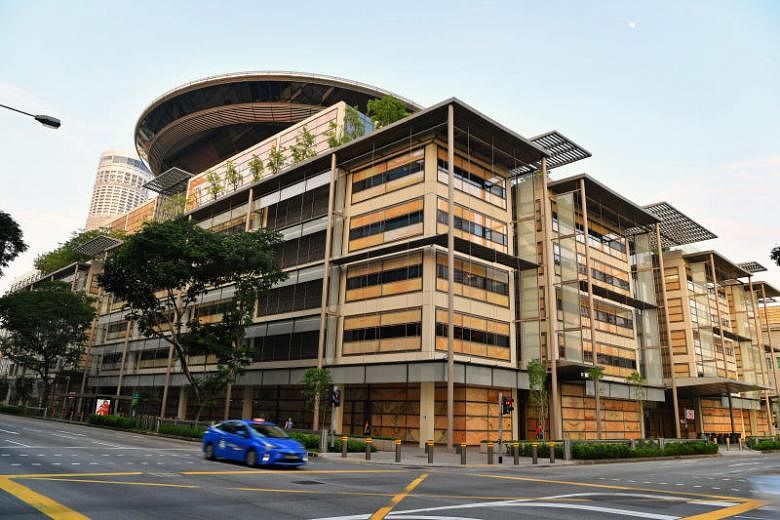SINGAPORE - An accused person who has pleaded guilty can change his mind during mitigation without having to give valid and sufficient reasons for doing an about-turn, as long as the court is satisfied that there is no abuse of process.
The Court of Appeal made this ruling on Tuesday (March 5), after the prosecution raised legal questions on whether the courts are bound by law to reject a guilty plea when an accused person seeks to retract the plea at the mitigation stage.
The court, which comprises Chief Justice Sundaresh Menon and Judges of Appeal Judith Prakash and Steven Chong, will issue detailed written grounds at a later date.
The prosecution had argued that allowing people to retract their guilty plea during mitigation without good reason will undermine the efficiency of, and allow people to game, the criminal justice system.
The case concerns a provision in the Criminal Procedure Code (CPC) that imposes a duty on the court to reject a guilty plea if any matter raised in the accused's mitigation disputes any element of the offence.
The issue arose in the case of Dinesh Rajantheran, a senior executive at a marine company who is accused of receiving $2,000 from each of 63 foreign workers as a condition for their employment.
Dinesh initially claimed trial before a district court but on the second day of the hearing in April last year, he pleaded guilty to 20 charges, with the remaining 43 taken into consideration.
The case was adjourned for mitigation, but Dinesh then changed lawyers.
His new lawyer argued to retract his guilty plea and resume the trial but the trial judge did not allow him to do so.
His lawyer then submitted a "mitigation plea", a reproduction of his arguments for the plea retraction that disputed the material allegations against him.
The trial judge described this as "a backdoor way to turn back the clock" to force the court to reject the guilty plea, as mandated by law.
Calling the move an abuse of process, the trial judge refused to reject the guilty plea.
Dinesh then applied to the High Court for his conviction to be set aside.
The High Court agreed with him and ruled that when an accused person retracts his plea of guilt and disputes elements of the offence in his mitigation plea, the court is bound to reject the plea.
The prosecution then filed a criminal reference to the Court of Appeal, asking it to determine legal questions on whether the provision applied in such circumstances and whether a person seeking to retract his plea has to give valid and sufficient reasons.
Deputy Public Prosecutor Kow Keng Siong submitted precedent cases, arguing that in order to reverse his guilty plea, an accused person has to provide grounds, such as if he had been mistaken or had been under pressure to do so.
Turning to the implications, he argued that if an accused person can retract his guilty plea "on a whim" without good reason, there would be more aborted cases, resulting in delays and a waste of resources.
Setting out recent cases in the State Courts involving guilty plea retractions, the DPP also argued that there are several ways for a person to game the system through a "tactical" retraction of his guilty plea.
In one particular ongoing case, a witness flew in from overseas to testify but returned without testifying when the accused pleaded guilty on the first day of the trial.
During sentencing, the accused discharged his lawyer and applied to retract his plea.
He said he changed his mind after seeing the statement of facts prepared by the prosecution and realising that the sentence would be higher than what he had hoped for. The case is fixed for trial again.
DPP Kow noted that not only was more than $2,600 wasted on the witness' airfare and allowance, the accused also gained an advantage as the prosecution had shown him a more detailed account of the case.


